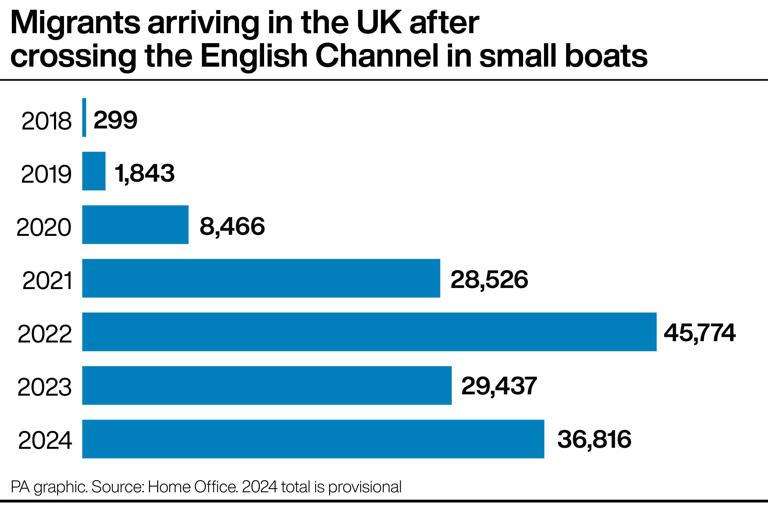According to KPMG, as the UK anticipates further expansion in 2025, the year may provide fresh difficulties due to a faster rate of inflation, more trade frictions, and a higher level of economic uncertainty.
According to KPMG's most recent economic outlook, the final effect will rely on how policies react and how these trends interact globally.
Buoyed by a looser monetary and fiscal policy stance, growth in the UK economy may stage a welcome recovery after a lacklusture performance in the second half last year. UK gross domestic product (GDP) growth could more than double from 0.8 per cent in 2024 to reach 1.7 per cent this year, KPMG noted.
Meanwhile, UK consumers could ramp up the pace of spending after a cautious recovery last year which saw many continuing to prioritise savings.
As household incomes continue to be boosted by robust pay growth and lower interest rates provide less incentives for saving, increases in disposable incomes could translate into a 1.8-per cent increase in consumer spending this year, KMPG said in a release citing the document.
However, stronger growth could come at a cost of higher and more persistent inflation, as businesses pass on the cost of tax rises as they enjoy a temporary glut of demand. Inflation is now projected to remain above the Bank of England’s 2-per cent target until 2027.
This short term pick-up in growth is unlikely to be sustained as the economy continues to be constrained by a weak pace of productivity growth and shortfalls in labour force participation.
The incoming US administration's willingness to use tariffs to achieve policy goals could escalate trade frictions, influencing the global economic outlook for 2025 and 2026.
A flare-up in trade frictions could lower UK GDP by 0.4 per cent, with an even larger hit to more export-oriented economies in Europe, KMPG added.

_6.jpg)
_5.jpg)
_6.jpg)
_7.jpg)



.svg)


